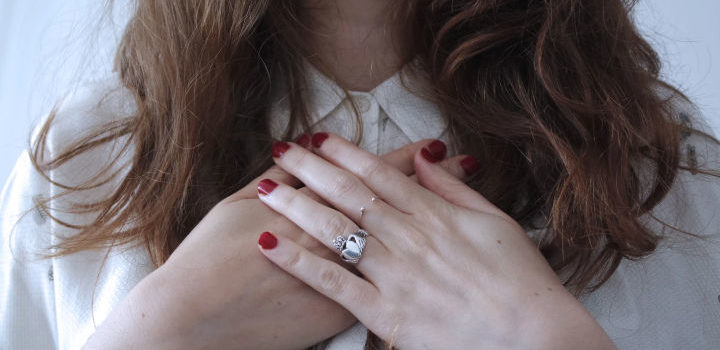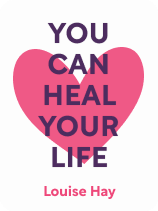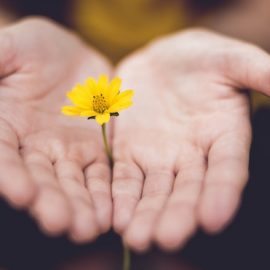

This article is an excerpt from the Shortform book guide to "You Can Heal Your Life" by Louise Hay. Shortform has the world's best summaries and analyses of books you should be reading.
Like this article? Sign up for a free trial here.
Do you find it difficult to forgive people who hurt or wronged you in some way? How does holding grudges prevent you from healing?
Forgiving someone for causing you pain or making your life difficult isn’t easy. However, harboring blame and grudges for people who mistreated you hurts no one but yourself.
Here’s how to forgive someone who hurt you, according to self-help guru Louise Hay.
Forgive to Let the Past Go
In her book How to Heal Your Life, self-help guru Louise Hay explains that we often blame other people for our problems, but blaming others actually makes our problems more entrenched. By placing the blame on others, we fail to take responsibility for ourselves and the problem goes unsolved. Because our thoughts create our reality, she says, we are the ones responsible for everything that happens to us. Rather than blaming someone for an error they made, it’s better to practice forgiveness and assume responsibility.
Hay says that one exercise you can do to practice how to forgive someone who hurt you is to say out loud to yourself the name of the person you need to forgive, then state that you forgive them and identify the specific action or behavior for which you’re forgiving them. Another approach is to imagine the person you have the hardest time forgiving, then visualize good things happening to them.
Because negative childhood experiences can have such an outsized impact on our lives, Hay believes it’s particularly important to forgive your parents. She advocates forgiving your parents or caregivers for the ways in which they’ve wronged you—not to give them a “free pass” for their behavior, but to help you move forward with your own life. She suggests asking your parents what their childhoods were like to better understand why they acted the way they did. This will allow you to have more compassion for them, which in turn will allow you to have more compassion for yourself. They were hurt, and they hurt you—but you don’t have to keep hurting yourself, says Hay.
Hay says that once you’ve bestowed forgiveness on the person who you once blamed for your problems, you’ll be able to take control of the situation and begin to solve it. (Shortform note: In The Subtle Art of Not Giving a F*ck, Mark Manson makes a clear distinction between blame and responsibility. He says that blame is related to who caused the problem, but responsibility is related to who needs to solve it. This is an empowering mindset—you have no control over what happens to you, but you do have control over how you handle it.)
| How to Forgive Someone Who Hurt You Hay recommends learning more about the person who hurt you, and imagining forgiving the person who hurt you or witnessing their good fortune. Research backs up both of these methods. Studies show that when we visualize forgiving someone, our neural circuits responsible for empathy light up, demonstrating that empathy is necessary for forgiveness. In addition, studies on childhood bonding demonstrate that children who don’t receive love and attention from their primary caregivers have wounds that can negatively affect all of their future relationships. This research supports Hay’s assertion that understanding the wounds your parents suffered in childhood might help you forgive them. |

———End of Preview———
Like what you just read? Read the rest of the world's best book summary and analysis of Louise Hay's "You Can Heal Your Life" at Shortform.
Here's what you'll find in our full You Can Heal Your Life summary:
- The causes and effects of negative beliefs
- How to transform your negative thoughts into positive ones
- How to solve your problems with relationships, money, work, and even illness






